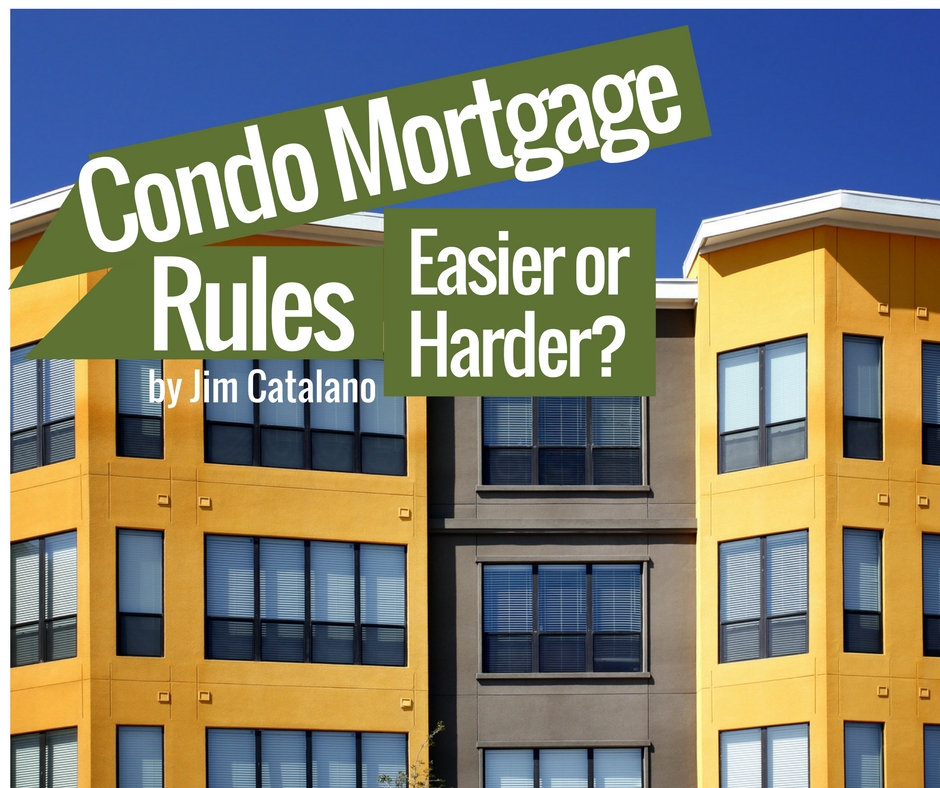
What I have learned is condominium buyers, for the most part, find condos attractive for the ease of access and the less hassle to maintain the yard and exterior maintenance. While that may be true, most weren’t considering the financing of their condo.
When purchasing a condominium, lenders have a whole new set of rules that may affect your down payment, interest rate, and loan terms beyond just your creditworthiness. In some cases, it could affect whether you can even obtain a loan for the condo.
This is a crucial reason to be getting your advice from a professional mortgage lender who can help you navigate the nuances of purchasing a condo based on the myriad of mortgage guidelines more often attached to the condo than to your credit.
Based on the housing boom in Texas and especially in North Texas condo financing is at an all-time high. The opportunities for continued demand for condo financing going into 2018 are expected to remain high.
So let’s explore your financing options when it comes to condos.
Conventional
The preferred financing option amongst most homebuyers is a “conventional” mortgage loan. A conventional loan is backed by two government entities — Fannie Mae (FNMA) or Freddie Mac (FHLMC).
In respect to condominiums, Fannie Mae and Freddie Mac use the term “warrantable” to describe condo projects and properties that they deem acceptable for a mortgage. Condo projects and properties that don’t meet Fannie’s and Freddie’s standards are known as “non-warrantable” condos. Non-warrantable condos are much more challenging to obtain financing.
Typically, a condominium is considered “warrantable” if they meet the following standards:
- No single entity owns more than 10 percent of the units in a project, including the developer.
- At least 51 percent of the units are owner-occupied.
- Fewer than 15 percent of the units are in arrears with the association dues.
- There is no litigation in which the homeowners association (HOA) is named.
- Commercial space accounts for only 25 percent or less of the total building square footage.
If a condominium project does not meet these rules, they fall into the category of “non-warrantable.” Some examples include timeshares, condotels, fractional ownership properties which require owners to join an organization such as a country club.
So if you are considering a condo purchase, it is best, to begin with the five questions above and have your real estate professional provide you with information on the building’s warrantability before you present a contract offer.
A warrantable condo will get you access to the best interest rates and terms. A non-warrantable condo is considered a higher risk loan and is more challenging. They are often are associated with higher interest rates and down payments — if financing can be obtained.
FHA/VA Mortgage Financing for Condos
The Federal Housing Administration, known as FHA, “insures” mortgage loans while the Department of Veterans Affairs, known as VA “guarantees” mortgage loans.
Condominium financing is often easier via FHA or VA based on recent changes to the guidelines to help more borrowers get approved.
Following are some of the new basic requirements for an FHA condominium loan:
- The borrower must meet “standard” FHA mortgage guidelines.
- At least half of a project’s units must be owner-occupied or be a second home.
- In a newly-built project, at least 70 percent of the units must be sold.
If Fannie or Freddie have already approved a building for warrantability, the FHA and VA will often authorize lending there as well.
A condo buyer using an FHA or VA mortgage will get the same interest rate as a buyer of a single-family home.
Financing for Non-Warrantable Condominiums
Buyers of non-warrantable condos face more challenges when it comes to financing because there are fewer lenders available from which to get a loan. This often results in higher interest rates and larger down payments.
A condominium project is considered non-warrantable if it shows any of the following characteristics:
- It’s located in a project which has yet to be completed.
- It’s located in a project where one person owns more than 10 percent of all the units.
- It’s located in a project for which the developer has not turned over control of the Homeowner’s Association (HOA).
- It’s located in a project which allows for short-term rentals.
- It’s located in a project where the majority of units are “rentals.”
Also, a condo unit located in a project involved in litigation of any kind will be given “non-warrantable” status.
Non-warrantable condominium financing is unavailable via Fannie Mae, Freddie Mac, FHA, and the VA. There are “third-party” lenders who often make these types of loans. A professional mortgage advisor will be able to advise and lead this process for securing financing.

